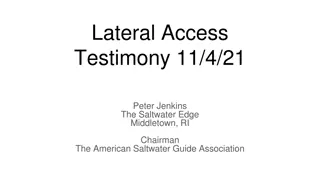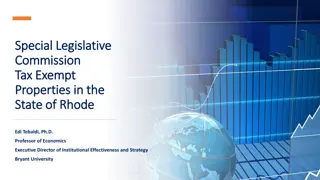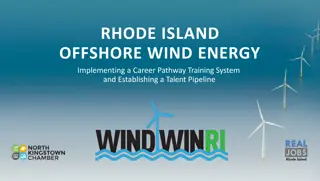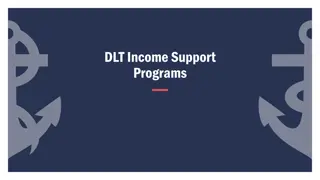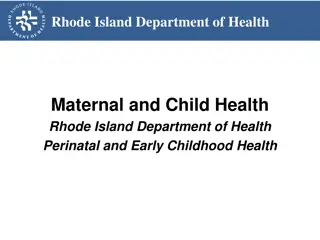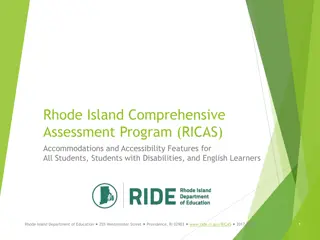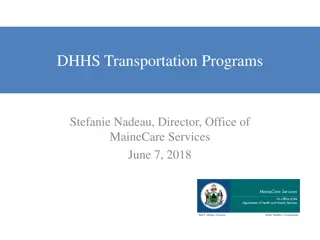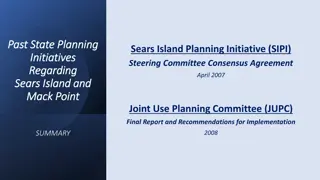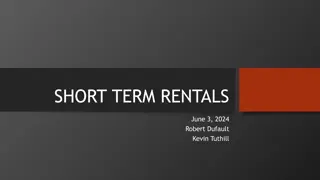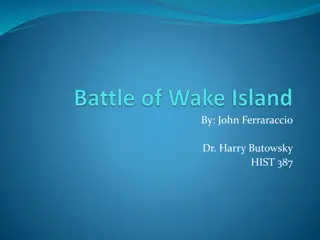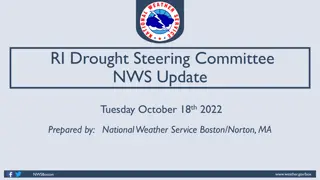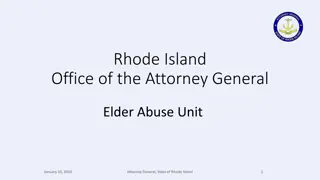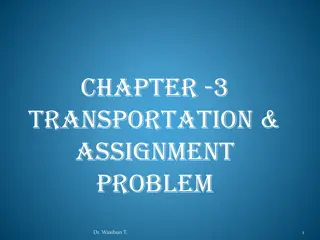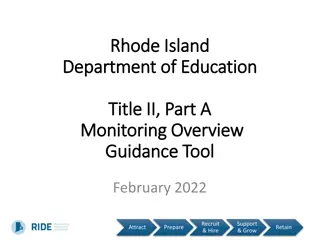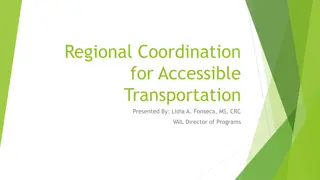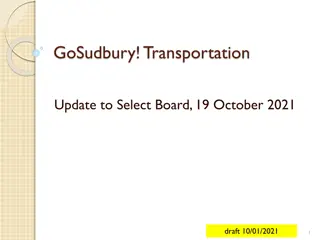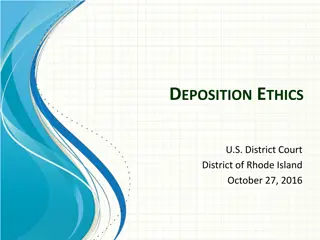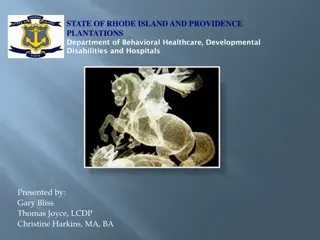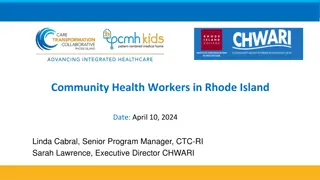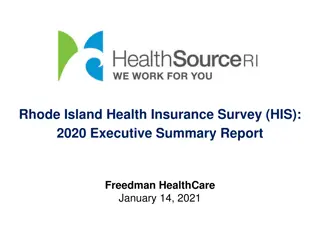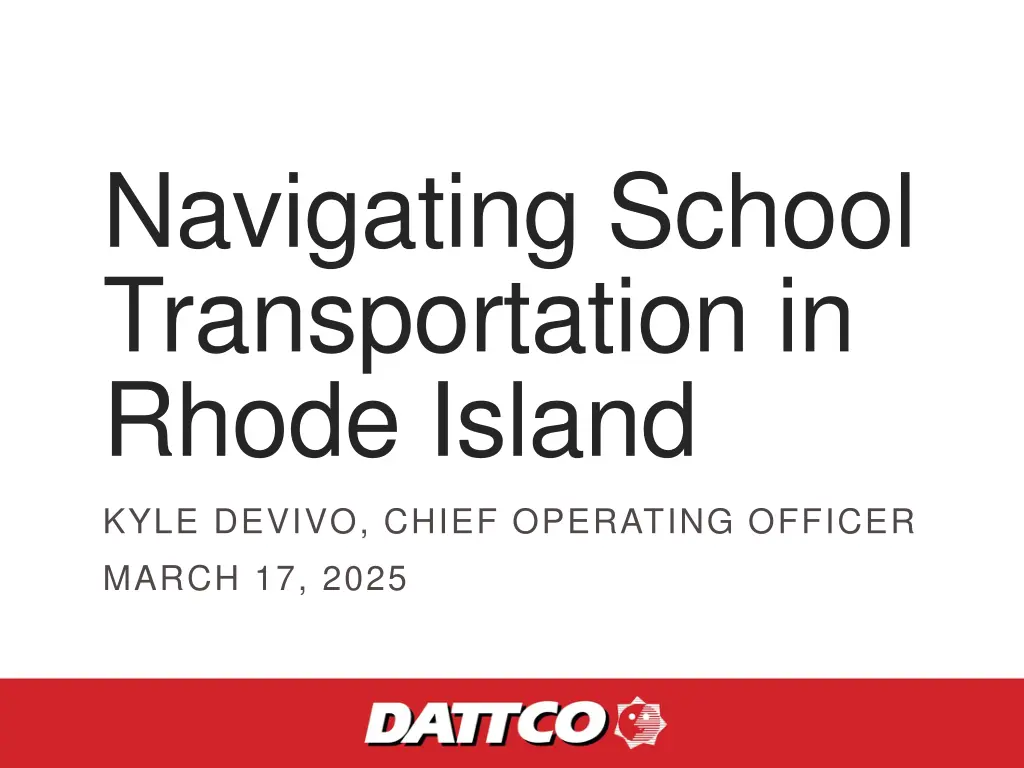
Navigating School Transportation Challenges in Rhode Island
Explore the challenges faced in school transportation in Rhode Island, including driver recruitment, alternative fuels, and statewide transportation issues. DATTCO, a key player in the industry, provides insights into the current landscape and the need for strategic solutions to address these complex issues.
Download Presentation

Please find below an Image/Link to download the presentation.
The content on the website is provided AS IS for your information and personal use only. It may not be sold, licensed, or shared on other websites without obtaining consent from the author. If you encounter any issues during the download, it is possible that the publisher has removed the file from their server.
You are allowed to download the files provided on this website for personal or commercial use, subject to the condition that they are used lawfully. All files are the property of their respective owners.
The content on the website is provided AS IS for your information and personal use only. It may not be sold, licensed, or shared on other websites without obtaining consent from the author.
E N D
Presentation Transcript
Navigating School Transportation in Rhode Island KYLE DEVIVO, CHIEF OPERATING OFFICER MARCH 17, 2025
About DATTCO Founded in 1924 3rd Generation Family Business Operates school bus and motorcoach in CT and RI Provide 100,000 trips to students daily Longtime presence in Rhode Island Burrillville North Smithfield Smithfield Cranston (RIDE Zones A2, A4, B, C) Pawtucket (RIDE Zones A2, A4, B, C) 2
Driver Recruitment/Retention School Bus driver shortage has lasted decades Still recovering from effects of COVID shutdown and resulting loss of workforce Paying competitive wages/benefits a necessity Pressure on Districts to bid thinking it will save $ White Card Requirement 3
Alternative Fuels/Electrification Costs have exceeded expectations with little to no intervention from utilities to control energy ( fuel ) cost Federal grants unlikely to be renewed under new administration State grants/opportunities have been sparse Cost of vehicle still 300% more than a diesel-powered vehicle Infrastructure is not anywhere near prepared for electrification and requires significant investment 4
Statewide Transportation Districts allowed to not participate makes more expensive transportation for participating districts Non-participating districts are not actually seeing the savings they believe they are Staggering program start and end times where possible even slightly could lead to efficiencies if done deliberately Incentivize operators to identify routing efficiencies and ride sharing opportunities to benefit in any cost savings 5

